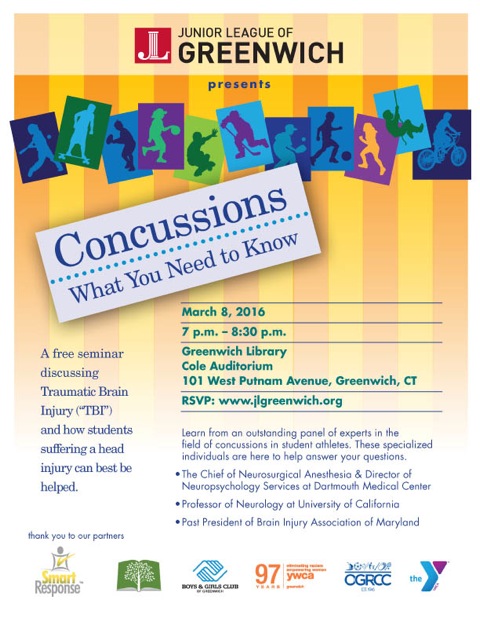10 Things to Know About Getting Into College
As juniors are now getting their college applications together, I’d like to share and encourage all students and parents of those nearing the process to give Eric Hoover’s 10 takeaways (all of which I have also seen be true) a close read.
Admissions decisions aren’t all about you.
When colleges choose applicants, they’re juggling competing goals, like increasing diversity and bringing in more revenue. Admissions officers aren’t looking for students who fit just one description — say, those who’ve earned all A’s or won the most awards. So don’t take rejection personally.
Grades and test scores still carry the most weight.
Colleges often say they want to get to know the real you, but that’s probably true only if your academic accomplishments (and the rigor of courses you’ve taken) pass muster.
You’re more than a number.
After colleges identify a big batch of students with outstanding credentials, differences among them become more important, admissions deans say. Among some of the attributes they tell me they would like to see evidence of (in essays, extracurricular activities, recommendations) are: leadership, risk-taking, emotional intelligence, fire for learning, critical thinking, curiosity, empathy, optimism, grit, perseverance and the ability to overcome obstacles.
Express your authentic self.
Overwhelmed by slick, boastful essays, colleges are eager for what they call “authentic” glimpses of applicants — their experiences, passions and goals. Some deans believe they’ll get deeper insight through alternative formats like videos, pictures, audio files or documents (an Advanced Placement English paper, maybe). A handful of prestigious schools, including Yale, the University of Chicago, Pomona College, Reed College and the University of Rochester, recently introduced this option. As with essays, too much polish is no good, deans say, so you might think twice about hiring a professional videographer. At Yale, about 400 applicants (out of nearly 33,000) for this year’s freshman class sent in something in an alternative format. In at least one case, the submission — a video showing leadership and impact on others — was, the dean told me, a “difference maker.”
Diversity counts.
Are you a first-generation or low-income student? Many colleges are trying to increase access, so it can help to emphasize your background — and how your personal story relates to your achievements — in essays and interviews. Admissions officers are thinking harder about socioeconomic context, such as the quality of an applicant’s high school, to better understand the opportunities they’ve had and the challenges they’ve faced.
But money does matter.
At many colleges, financial circumstances come into play. Being able to pay all or some of the freight is a bonus. And some qualified students of limited means might get rejected for no reason other than lack of money.
Geography is (partly) destiny.
Many selective colleges want students from all over, ideally from all 50 states. Last year’s presidential election illuminated the urban-rural divide, which some colleges have been trying to bridge by paying closer attention to promising applicants from less-populous areas. Generally, a Northeastern college will look more favorably on an applicant from Montana than an equally strong one from the Northeast.
Legacies aren’t a shoo-in.
Legacy status certainly helps, but big-name colleges reject plenty of these applicants. Don’t assume Mom or Dad’s connections alone will get you in.
Do (real) good.
“Turning the Tide” urges admissions offices to reward applicants for sustained community service. And some colleges, such as the Massachusetts Institute of Technology, are taking a closer look at what applicants have done to help others, be they neighbors or family members. You don’t have to fly to Belize to do good (admissions officers are often skeptical of these fleeting trips). Showing up to tutor someone at the library each week might be even more impressive, and rewarding.
Colleges want to be your first choice.
About one in five colleges allot “considerable importance” to “demonstrated interest,” whereby applicants convey their willingness to attend the college they’re applying to. Open those emails. Connect with admissions officers. Let them know when you visit campus. Only those who are sure about their first choice and don’t need to compare financial aid packages should choose the strongest expression of demonstrated interest: applying early decision, which is binding.
Full article here.
*Stay in the know! Subscribe for news, tips, and advice*

